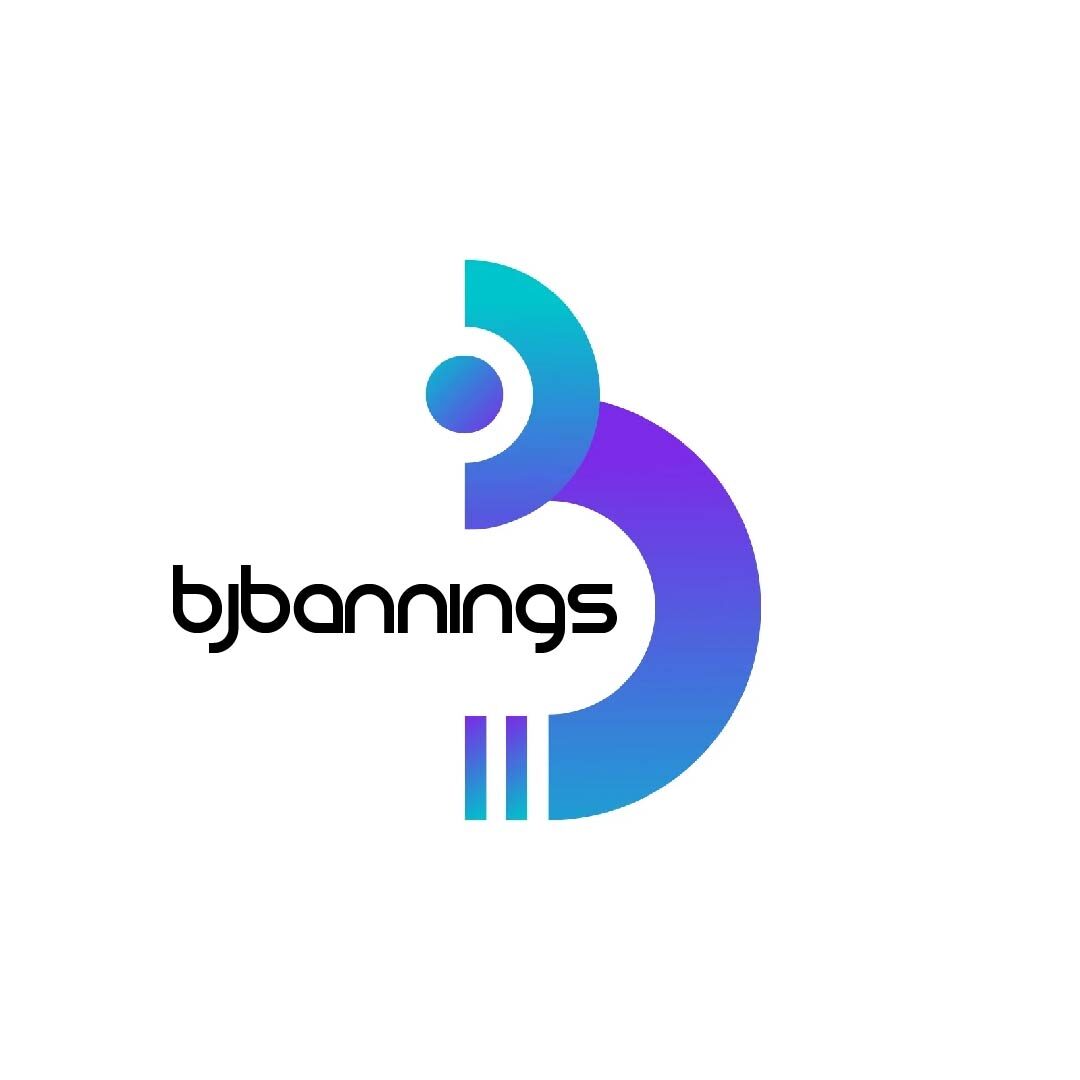The Silent Currents Shaping Young Minds
Education is more than the structured delivery of facts; it is the shaping of identity, thought, and potential. Over time, it has transitioned from traditional rote learning to a more nuanced, learner-centered model, where students are encouraged not just to absorb information but to question, explore, and innovate. This transformation mirrors the changing needs of society, where adaptability and emotional intelligence often matter as much as academic excellence.
The classroom has historically served as the focal point of formal education. Desks aligned in neat rows, a chalkboard at the front, and a teacher delivering lessons to attentive students—this image has long represented the standard method of schooling. However, that model, while foundational, has increasingly been seen as restrictive in a world that now values flexibility, creativity, and the application of knowledge in unpredictable contexts. Learning is no longer tied solely to textbooks or confined to a timetable. It is becoming more fluid, engaging, and responsive to the individual needs of students.
The digital era has expanded the boundaries of education. Where once access to quality learning was determined by geography or socioeconomic status, now a student in a remote village can watch lectures from leading universities, join virtual classrooms, and access resources that were once locked behind institutional doors. This democratization of education has not only increased opportunities but also redefined what it means to be https://ece68.com/ educated. The emphasis is shifting from memorizing information to developing the ability to locate, interpret, and apply knowledge critically.
At the heart of this shift is the growing importance of skills over scores. Employers and higher education institutions are placing greater value on problem-solving abilities, collaboration, emotional resilience, and digital literacy. As a result, schools are beginning to integrate these competencies into their curricula. Project-based learning, group assignments, and experiential learning are replacing isolated lectures and written exams. This change encourages students to become active participants in their own education rather than passive recipients.
The teacher’s role has undergone a fundamental change. No longer simply lecturers or enforcers of curriculum, teachers are now facilitators, mentors, and lifelong learners themselves. They guide students through personalized learning journeys, using technology, data, and emotional awareness to adapt to individual strengths and weaknesses. Their ability to connect with students on a human level is now as vital as their knowledge of the subject matter.
Education is also increasingly being recognized as a tool for social change. It promotes awareness, tolerance, and empathy, all of which are critical in an interconnected world facing shared challenges like climate change, migration, and inequality. Curricula in many places are evolving to include discussions about culture, identity, justice, and sustainability. This broader perspective helps students understand their role as global citizens with responsibilities that go beyond personal achievement.
Despite the progress, disparities still exist. In many parts of the world, access to quality education remains uneven, affected by poverty, gender, politics, and infrastructure. Digital tools, while powerful, are not universally available or effectively implemented. Moreover, the fast pace of change can leave some educators and institutions struggling to keep up. Bridging these gaps requires commitment not only from governments and organizations but also from communities and individuals who believe in education’s power to transform lives.
As society continues to evolve, so too will the ways in which knowledge is shared and absorbed. Education is no longer a one-time phase of life but a lifelong pursuit. It adapts with us, responds to new challenges, and reflects the complexities of the world we live in. At its core, it remains an invisible force—quietly shaping our values, choices, and the future we are building together.
